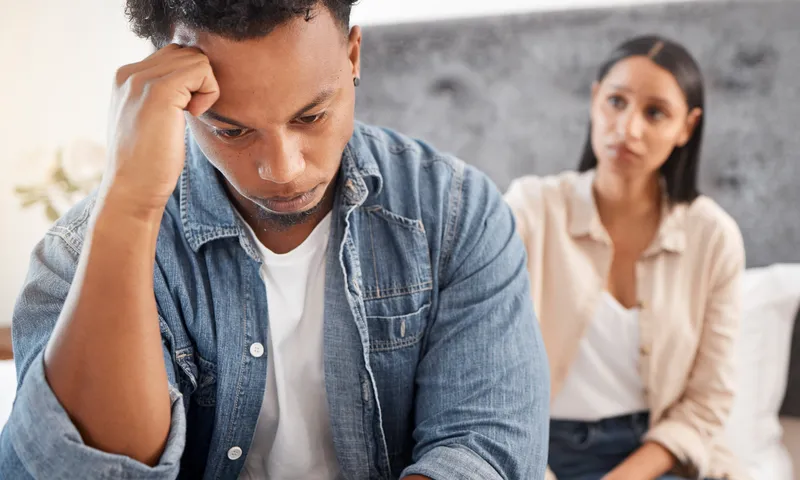How Anxiety Disorder Affects Relationships

Most people are familiar with the feeling of anxiety. For many of us, it is natural to be nervous before an important exam, a job interview, or a first date. While anxiety can be a normal part of life, for some, it can take control and make them feel nervous, scared, and even show physical symptoms, despite there being no rational reason. This article will introduce you to anxiety disorder, how it affects relationships, and explore some effective coping strategies.
What is Anxiety Disorder?
People experiencing anxiety often feel nervous, tense, and restless, and worry about things others might not even consider. Even when there is no logical reason for these excessive worries, individuals may experience fear and even physical symptoms such as sweating, trembling, stomach aches, or an increased heartbeat. Anxiety can also be classified into various categories, such as:
Generalized anxiety
Panic disorder
Anxiety triggers can vary from person to person and depend on the type of anxiety they have. While some with generalized anxiety disorder are overly concerned about their performance at work or fear that they might have a serious medical condition, others are worried about having another panic attack or meeting new people at an event. Anxiety is tough to control, and the intense emotions that people with anxiety experience can significantly impact their thought process and actions, as well as their ability to live in the moment and enjoy everyday life. Anxiety may also fluctuate, and stress, hormonal changes, caffeine, or certain medications can exacerbate it.
How Does Anxiety Disorder Affect Relationships?
Anxiety disorder can significantly affect relationships with friends, family, and especially romantic partners. Many people suffering from anxiety may not communicate their symptoms clearly with loved ones or may even try to hide them out of fear of ridicule and rejection. However, this only worsens the situation since anxiety and its often debilitating symptoms can be difficult for others to understand and can lead to conflicts, misunderstandings, and frustration on both sides.
Especially in romantic relationships, anxiety can play a significant role and contribute to interpersonal issues. Someone suffering from anxiety may often have problems trusting their partner, worrying that they are lying, secretly preferring another person, or cheating on them. They may overthink every little detail of the relationship, such as conversations, phone calls, and texts, sometimes even those that took place a long time ago. This tendency to worry excessively can lead to controlling behaviour, jealousy, over-dependence on the other person, and a need for constant reassurance, all of which can strain the relationship. Lastly, people who are aware of their anxiety may also worry about their anxiety itself causing problems, creating a vicious cycle. Others might become distant due to their anxiety or even avoid relationships altogether.
Strategies for Managing Anxiety Disorder in Relationships
The first step to resolving any relationship issue is open and honest communication. Talking about your anxiety, its triggers, and sharing your fears and emotions not only allows your partner to understand you better but also makes them aware of how your anxiety affects you and ways they can support you. Additionally, techniques such as deep breathing or other mindfulness practices like meditation can help you when you feel overwhelmed.
Other effective ways to handle anxiety include therapy, which can be attended alone or with a partner, and medication such as Buspar (Buspirone), Lexapro (Escitalopram), and Doxepin Capsules. Lastly, it's essential to be patient with yourself and your partner, who may be trying their best to understand you but may find it difficult to truly grasp anxiety disorder since they have never experienced it firsthand. With the right approach couples can overcome the challenges brought on by anxiety disorder and grow their relationship eve stronger.
IMPORTANT NOTE: The above information is intended to increase awareness of health information and does not suggest treatment or diagnosis. This information is not a substitute for individual medical attention and should not be construed to indicate that use of the drug is safe, appropriate, or effective for you. See your health care professional for medical advice and treatment.


